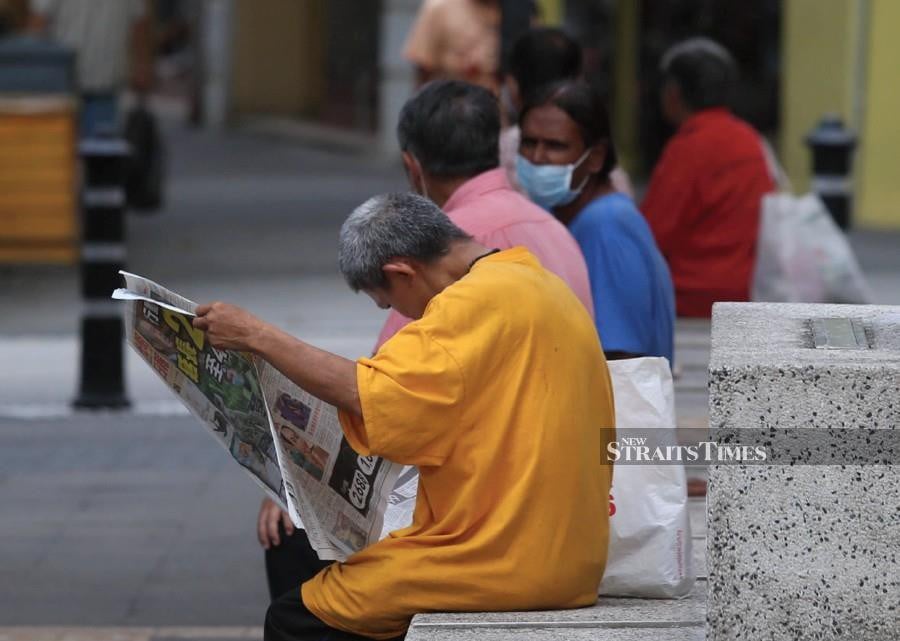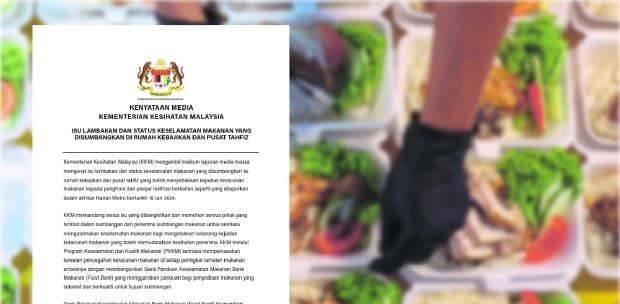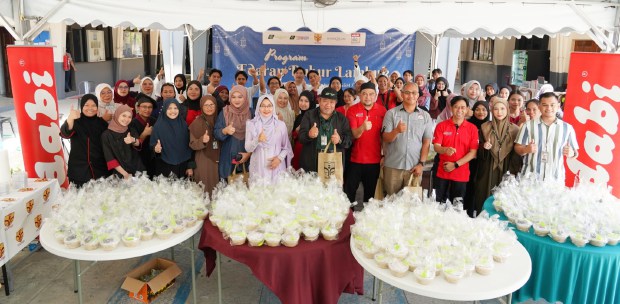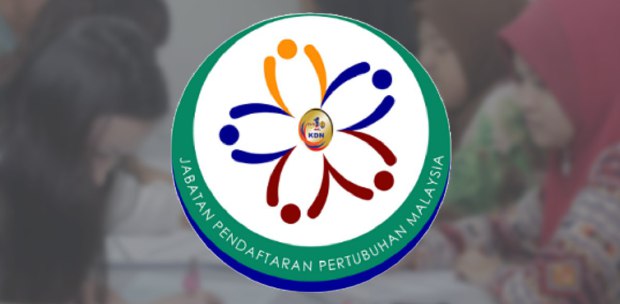KUALA LUMPUR: Collaborate, don’t cut off. This is what NGOs involved in food supply to the poor and homeless want from the Government following advice to stop their work during the Movement Control Order (MCO).
On March 28, Defence Minister Datuk Seri Ismail Sabri Yaakob had said NGOs helping to feed the poor and homeless during the MCO were advised to stop delivering food directly to the needy.
Instead, they should send the food to one collection point and it will then be disbursed by Rela and the army.
This was aimed at reducing public movement during the MCO and to ensure the safety of those involved in such work given the Covid-19 pandemic. The move came following advice from the Health Ministry.
The Nasi Lemak Project co-founder Mastura M. Rashid said she does not agree with the proposal as NGOs involved in such work could not just let go of vulnerable groups who they have been assisting for so long.
“It’s like asking a mother who has been looking after a couple of kids to just hand them over. Furthermore, our beneficiaries trust us,” said Mastura, whose group works with the urban poor.
What would be better, she stressed, was for the Government to work out a way to collaborate with NGOs involved in feeding the poor and homeless and share resources and contacts. This would ensure no group was left out of getting the aid they need.
SESO (Save Environment Save Ourselves), founder and CEO, Tan Shi Wen is in agreement with Mastura.
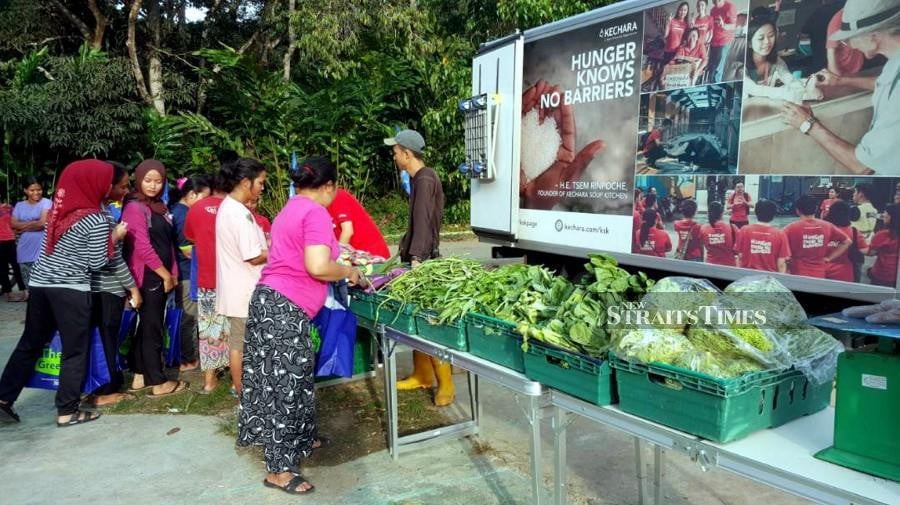
SESO is involved in food distribution to shelters and homes that target the disabled, orphans, single mothers and the elderly as well as feeding the homeless in Petaling Street here.
Tan is concerned that some vulnerable groups may get left out in a central distribution effort.
Each group also has different needs. SESO provides fresh produce to some shelters, while others prefer cooked food.
“The Government should ask the NGOs involved to come forward and work together with them or provide guidelines on how they can continue to safely do their work,” said Tan.
SESO, on its part, has already implemented some measures to ensure safety, such as reducing its manpower, collaborating with delivery companies to send supplies to shelters instead of doing it themselves, and maintaining social distancing at all times during the course of their work.
“Previously, for example, our team used to sit and eat with the homeless while carrying out feeding work. Now, we identify a couple of them that we can trust and hand over the food packets to them to distribute to the others. This helps minimise direct contact,” said Tan.
Owner of Chef On Wheels Seet Wai Song who is also involved in such work, said the proposal by the Government will lead to more harm than good.
Seet said many people from vulnerable groups were really in need, especially now, and a move like this could lead to more of them being severely affected.
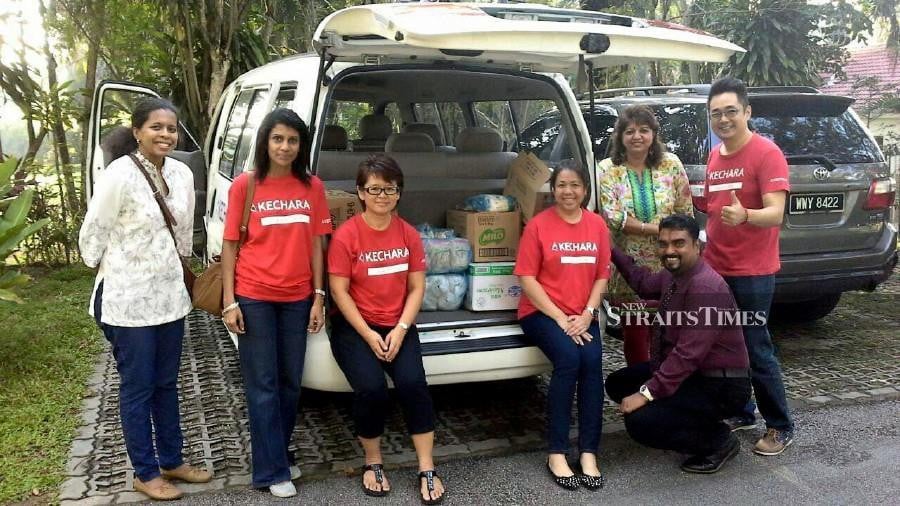
“The Government should form a taskforce to tackle this issue and invite all the active NGOs involved in such work and plan how this can be executed,” said Seet.
He said that NGOs were the ones who work on the ground and they know who and where the needy groups were and what they require most.
Alternatively, the authorities can draw up a Standard Operating Procedure (SOP) for those involved in such work so safety measures are in place to curb the spread of the virus.
Kechara Soup Kitchen’s operations director Justin Cheah said they understand the concerns of the Government on this matter.
However, an ideal solution would be for everyone involved to pool their resources and work together.
“On their part, the NGOs are concerned that certain vulnerable groups may get left out of this centralised initiative.
Some of those in need, such as refugees for example, may be reluctant and fearful to come forward if the authorities were involved in aid distribution.
Cheah said to overcome such barriers, it would help to have some representation from the NGOs in the centralised initiative because they know the situation on the ground and were familiar faces to those in the vulnerable groups.


